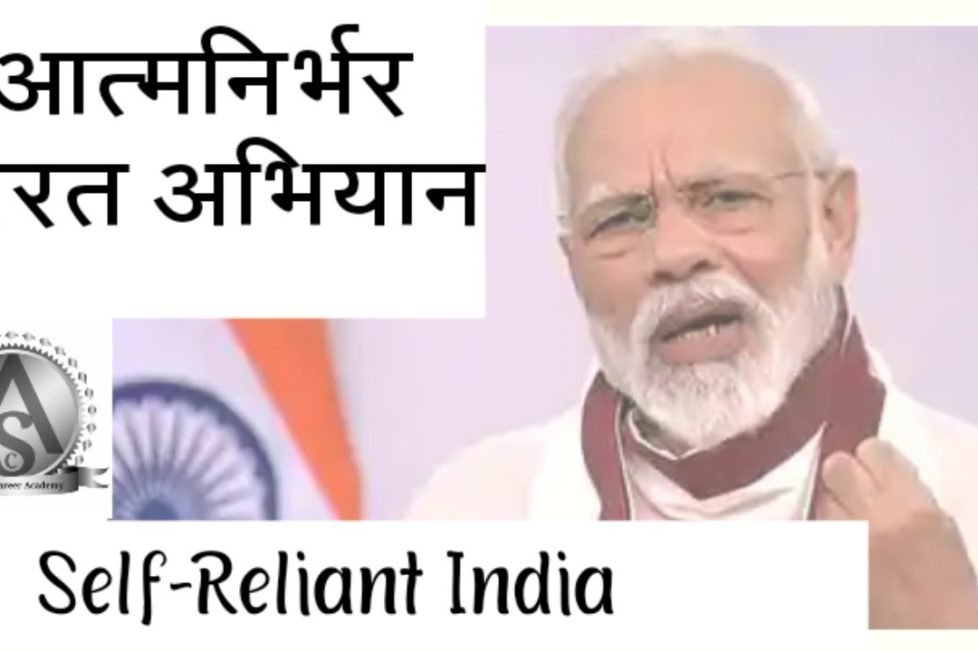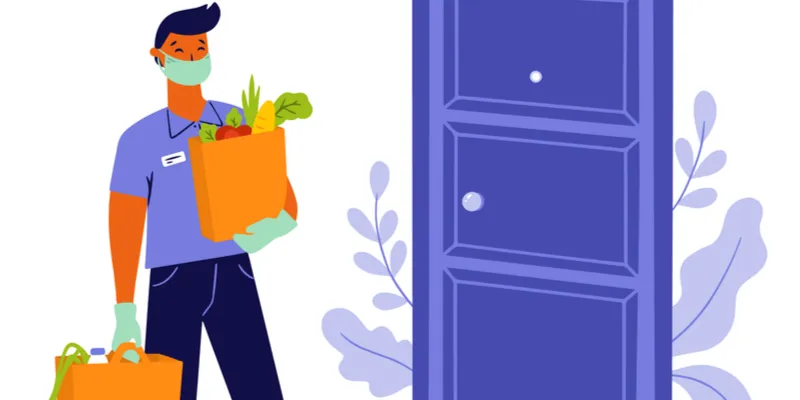Road Towards Atmanirbhar Bharat – Inspiring Stories of Local Entrepreneurship From North-East India


No wonder, we Indians are indeed blessed with a unique talent that boasts of finding solutions to problems with just anything we have at our disposal. It is the art of multi-purpose usage of devices, which, in popular terminology, is called jugaad – frugal innovative techniques which have helped us produce low-cost, effective devices and products, although it might not always adhere to the dictums of “modern scientific and design thinking”.
PM Modi’s Atmanirbhar Bharat Abhiyan and the call for ‘Vocal for Local’ is not only about promoting ‘Brand India’ but also about staying motivated in times as challenging as these. It emphasises on employing problem-solving techniques in collaboration with others in the community to overcome adversity. Here are five such stories of entrepreneurship and innovative local projects from North-East India:
1. Handcrafted bamboo water-bottles from Tripura

Assisted by the Forest Research Center for Livelihood Extension (FRCLE), it is a unique innovation by the Bamboo and Cane Development Institute (BCDI) based in Tripura. These are organic, plastic-free, eco-friendly, handcrafted bamboo-made bottles produced by bamboo artisans from all locally sourced raw materials. Although they were developed way back in 2018, but it was formally launched by Biplab Kumar Deb, the current CM of Tripura, about six months back.
They are promoted under the Pradhan Mantri Van Dhan Yojana (PMVDY) and National Bamboo Mission (NBM) schemes of the Government of India, and shot to limelight after Bollywood actress Raveena Tandon placed an order from the Tripura Rehabilitation and Plantation Corporation (TRPC). This not only catapulted the product into its moment of much-deserved instant fame, but also started grabbing eyeballs on social media soon after.
In contrast to the widely available bamboo bottles from China which use cheap and light bamboo columns, these bottles from Tripura are layered with a barrier of glass, steel or copper, as per the consumer’s preference so as to prevent the water from coming in contact with the bamboo. This is also aimed at preventing fungal growth, bad odour and leakage, which are a few common problems with the China-made bamboo water-bottles. FRCLE and BCDI have also designed a large number of other household and handicraft items made of a particular species of bamboo available only in Tripura and other non-timber forest produces.
Besides these bottles meeting all the modern export standards, bamboo cultivation has today become a sustainable livelihood option for more than 5,000 tribal families in different parts of Tripura. Tripura houses around 28% of the country’s bamboo stock and has 2,397 sq. km of bamboo forests comprising about 23% geographical area of the state.
2. Kanak Gogoi from Assam builds Rs. 40K tractor to help the unemployed youth

Serial innovator from Assam Kanak Gogoi has come up with a unique, easy-to-use multipurpose tractor that comes with two detachable ploughs and costs Rs. 40,000. It can also be retrofitted with a trailer at a little bit of extra cost. The necessary raw materials that have been used in the manufacture of the tractor could easily be bought from the local market and all that one needs to do is to assemble its various parts.
In fact, Gogoi is a much well-known name in the arena of innovation in India. In 2009, he had also won the national award for his gravitational bicycle, which makes use of compressed air as fuel. Gogoi came up with this unique concept of the tractor when many young people from Assam lost their jobs because of the pandemic and were forced to come back to their hometown – a state whose economy is chiefly driven by agriculture and also considering the fact that many people here already have a basic knowledge of farming.
3. Manipuri women successfully making candies from local wild fruits
A group of women from the hill district of Ukhrul, Manipur are showing the way on how the wealth and abundance of the forest can be effectively utilised to not only generate a source of income for the local inhabitants, but also improve the economic condition of the society in which they live. At least 3,300 women in the district are being trained in the manufacture of various products, especially candies out of different wild fruits that are easily available in the nearby jungles.

This is being carried out under the Van Dhan Vikas Kendra (VDVK), a livelihood scheme for a Forest Dwellers’ Development Area through value-addition of the locally sourced products of the natives. The scheme was initiated at the behest of the Union Ministry of Tribal Affairs and the Tribal Cooperative Marketing Development Federation of India (TRIFED). Recently, Manipur bagged the first position out of 22 states in the country under the Tribal Affairs Ministry’s VDVK scheme.
Significantly, Hungpung Kazipphung cluster in Ukhrul, which comprises of 300 women, was adjudged as the best VDVK of the year based upon their gooseberry candy products and performances. Launched in October 2019 in Manipur by CM N. Biren Singh, at present, there are at least 77 VDVKs in the state with around 1,196 SHGs and 23,255 tribal women are a part of this initiative.
4. First-ever ‘Made in India’ Manhole Cleaning Robot in Guwahati

In a bid to put an end to the unfair practice of manual scavenging in Assam, the Guwahati Municipal Corporation (GMC) recently inaugurated its first-ever manhole cleaning robot named ‘BANDICOOT’. Funded by the Indian Oil Corporation Limited (IOCL) under their CSR initiative, BANDICOOT is a first-of-its-kind robot that has been indigenously developed by a start-up India company called Genrobotics under the ‘Make in India’ initiative of the Govt. of India. BANDICOOT makes Guwahati the third city in the entire country to have procured this innovative technology shortly after Coimbatore and Gurugram.
5. Malemm – an app-based start-up in Manipur

Driven by young entrepreneurs, local start-ups in Manipur are rising to the occasion to provide home-delivery of essential items and groceries, overcoming myriad challenges during the lockdown in the absence of major players like BigBasket, Amazon, Grofers, etc. in the state. An app-based start-up, Malemm has been granted permission by the state government of Manipur to carry out home deliveries during the lockdown in order to prevent the spread of COVID-19, which has also accelerated their business expansion plans.
The founder of Malemm – Langam Lukram – had returned to Manipur after graduating in business administration from the UK, to take up organic farming and home deliveries of the produce. Originally, the initiative was meant to be for the home-delivery of only organic vegetables grown by local farmers in a chemical-free manner. Gradually, demands had started increasing which shot up significantly after the PM declared a nationwide lockdown in end-March. Their business subsequently expanded and at present, they supply not only organically-sourced vegetables but normally-grown vegetables as well.
Despite the numerous challenges of delivery amidst the ongoing pandemic and never-ending lockdowns, the primary motivation behind sustaining these start-ups has been about helping people in times of unprecedented human crises such as these, which has been very much fulfilling not just at the personal level but at the societal level too.
References:
DISCLAIMER: The author is solely responsible for the views expressed in this article. The author carries the responsibility for citing and/or licensing of images utilized within the text.
